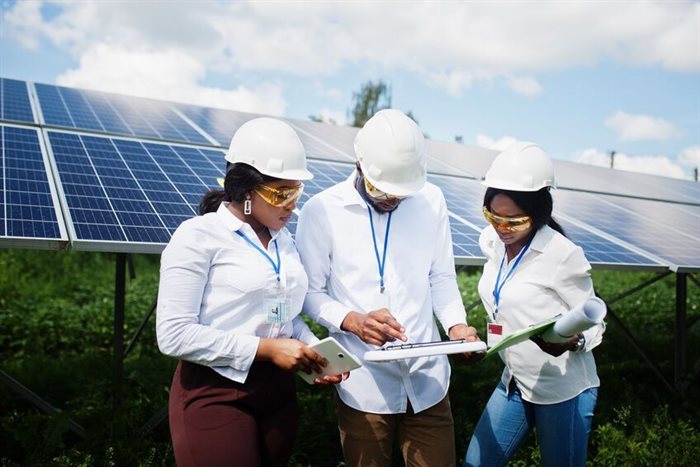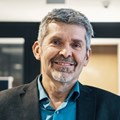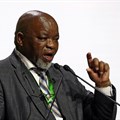How Africa can ride the green wave and lift itself out of energy poverty

The panel featured:
- Dr Kandeh Yumkella, former special representative of the UN secretary-general for Sustainable Energy for All, and now a member of parliament in Sierra Leone;
- Justice Derefaka, technical adviser, gas business and policy implementation to the minister of state for petroleum resources, Nigeria;
- Thulani Gcabashe, former chief executive of Eskom, executive chair at BuiltAfrica Holdings, and chair of Standard Bank; and
- Professor Abubakar Sambo, former chair of the Nigeria Member Committee of the World Energy Council, and chair of the board of trustees of the Renewable Energy and Energy Efficiency Association Alliance in Nigeria.
Green wave in clean energy solutions
Kicking off the discussion, Yumkella emphasised the need for Africa to ride the current green wave in clean energy solutions. He noted that many of the minerals needed to develop these solutions are found in abundance on the continent. However, he said, "We don't just want to be the source of the raw materials that everybody needs. We must, ourselves, be fully electrified."
Sambo's vision is that of a more prosperous, stable Africa that is less vulnerable to crises, like the one presented by the Covid-19 pandemic. He believes the continent needs to make use of all its resources, based on each country's comparative advantage - be that renewable energy resources, oil and gas, uranium, or the minerals used in developing new technologies.
Is SDG 7 the golden link?
Derefaka focused on how ensuring energy access (UN Sustainable Development Goal 7) is critical for Africa and described it as the golden link to the successful implementation of all the other SDGs. He warned, however, that the developed world's intentions of halting oil and gas funding is a form of "energy colonialism". Taking this into consideration, and reflecting on the lessons from the pandemc, he said, "I think it is time for the African continent to have her own energy bank to spawn investment and cause the needed change to take our people out from abject poverty and address the issue of energy poverty."
Gcabashe also acknowledged the challenge of energy poverty in Africa, but noted that while extensive grid power has historically been a precursor to development, it has conventionally relied on fossil fuels and this needs to be challenged. "We should never argue that we need to first go through the burning of fossil fuels and large grids before we can achieve what we need to achieve," he said. "Although, in sub-Saharan Africa, we are probably only responsible for 3% of global emissions, we tend to bear a disproportionate burden when it comes to the consequences of climate change."
Limiting displacement with a just energy transition
Gcabashe said that planning for and executing a just energy transition will require retraining and upskilling workers all along the current fossil fuel value chain. This is key, he noted, to limiting any displacement that might occur as a result of the shift to renewable energy. Sambo also emphasised that capacity building is essential, saying that along with a national energy production plan, countries need to have national energy manpower development plans.
Derefaka lamented that while almost every African country has robust policies, plans and strategies, implementation is where the continent has fallen short. He said, "As a continent, yes, we should have plans, yes, we should have policies, yes, we should have frameworks, but to underpin the implementation and the operationalisation of those policies and plans, they should be backed by legislation."
'Aid money cannot transform Africa'
Yumkella also highlighted the need for regulations: "If you don't have the right regulatory framework, you'll just get aid money. Aid money cannot transform Africa."
He raised the issue of the "bad habit" of new governments coming in and reformulating plans and policies, wanting to start from scratch. He said that this inconsistency confuses and scares off potential investors. "The knowledge of parliamentarians needs to be enhanced about what energy policy means. It's not a quick fix. It's not just for immediate short-term political victory. It should be in place long term if you really want transformation," he said.
`

















